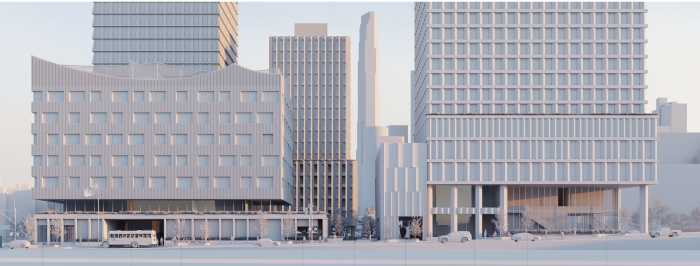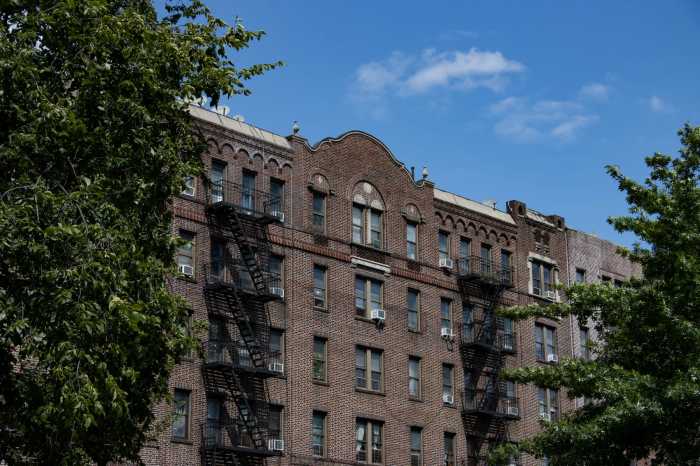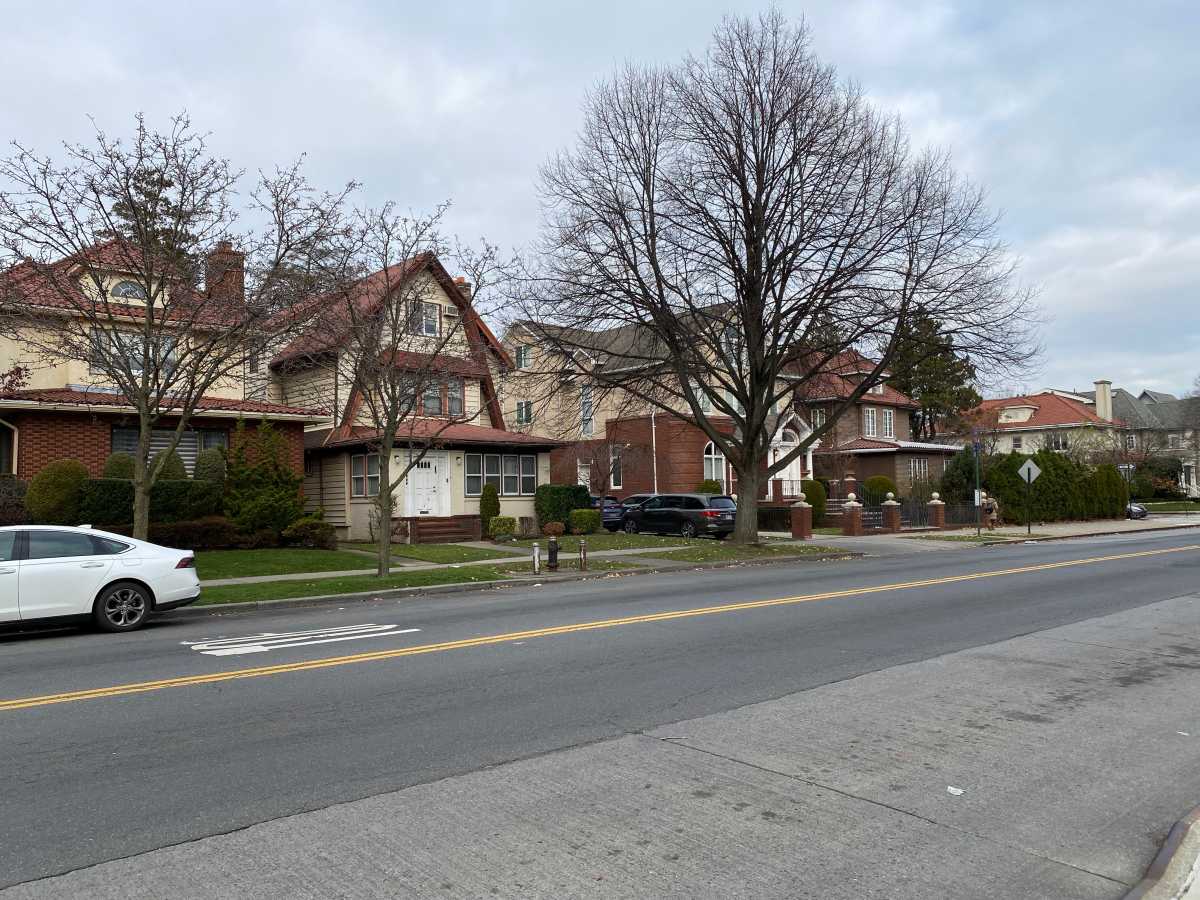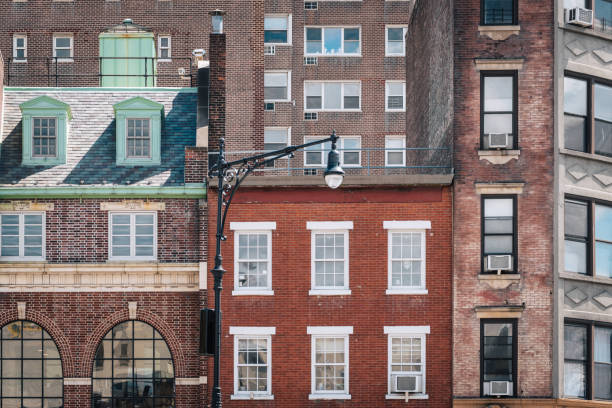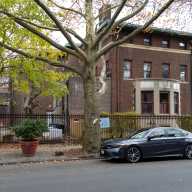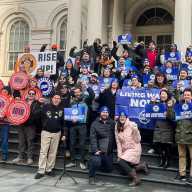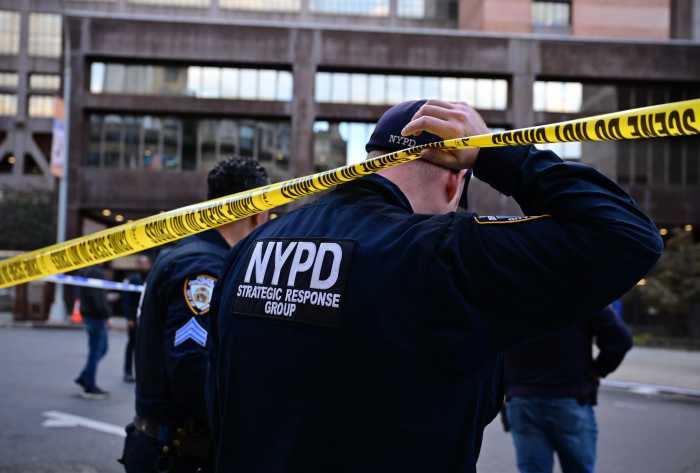It could be Brooklyn’s sweetest real estate deal ever.
The developers behind a plan to turn the former Domino sugar factory into 2,200 units of housing and retail space are trying to sell the massive waterfront property, multiple real estate sources told The Brooklyn Paper.
Industry insiders say the owners of the Williamsburg complex — Community Preservation Corporation Resources and the Katan Group — have reached out to prospective buyers interested in taking over the planned mega-project that gained city approval less than two years ago.
It’s a move that could make the developers a bundle without having to put a shovel in the ground, according to Creative Real Estate Group CEO Chris Havens.
“It’s in play,” said Havens, who claims an interested client inquired about the Kent Avenue site. “They’ll make so much money selling it.”
The developers purchased the site in 2004 for $55.8 million, according to city records, and nearly sold it to 15 investors for $200 million in December before the deal fell through after some backers got skittish about the project’s finances and zoning variances, Kalmon Dolgin senior director Bob Klein said.
“You have to be a big player to tackle Domino,” said Klein. “They were going to break it up into partnerships but it fell apart.”
Susan Pollock, vice president of the developers, did not deny that the project — once slated to be worth between $1.2 billion and $2 billion when completed — is on the market.
“We are pursuing various options that will achieve our goals— to realize value for ourselves and our partners and to insure that development is consistent with all project entitlements,” said Pollack, who previously acknowledged her company was seeking more investors to help get the project underway.
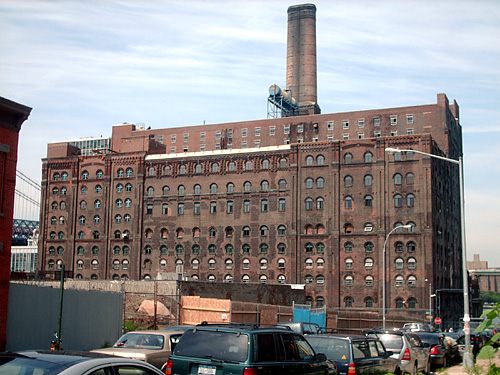
The developer’s Williamsburg allies insist that Community Preservation Corporation Resources is not walking away from the project — citing the recent hiring of new CEO Rafael Cestero, former head of the city’s Department of Housing and Preservation Development.
“Why would they choose Rafael as their lead if they want to back out?” said Churches United director Rob Solano, a long-time supporter of the Domino plan — which calls for 660 units of below market rate housing and two sky-scraping 34-story towers. “Rafael is an affordable housing leader in New York City. I do believe they’re trying to get more investors.”
Cestero did not respond to requests for comment and Katan Group president Isaac Katan declined to discuss the state of Domino. Former Community Preservation Corporation Resources CEO Michael Lappin, who stepped down last November, said he did not know the status of the project.
Opponents of the Domino plan said talk of the building going on sale — first reported by the Commercial Observer — only made them more skeptical about whether the project will be built as planned.
“The community got shafted on this one,” said Williamsburg resident Stephanie Eisenberg, who sued the developer and the city in an attempt to halt the project a year ago. “They never were going to do this project. They never had the plans, they never had the money. They had a lot of chutzpah. That’s what they had.”
The brick-and-mortar factory manufactured sugar on South Williamsburg’s waterfront for 150 years, until it shut down in 2004. The developers scooped it up and found themselves in the midst of a battle over the future of the neighborhood, finding supporters among North Brooklynites who want more affordable housing and opponents among those wary of high-rise residences popping up along the waterfront.
The plan made it through the city’s landmarking and land-use protocols before winning over City Council.
No matter who’s holding it, experts think the iconic industrial complex, known for its beloved sign, rounded-windows, is a valuable property.
“Domino is a nice piece,” said Klein.

Reach reporter Aaron Short at ashort@cnglocal.com or by calling (718) 260-2547.



